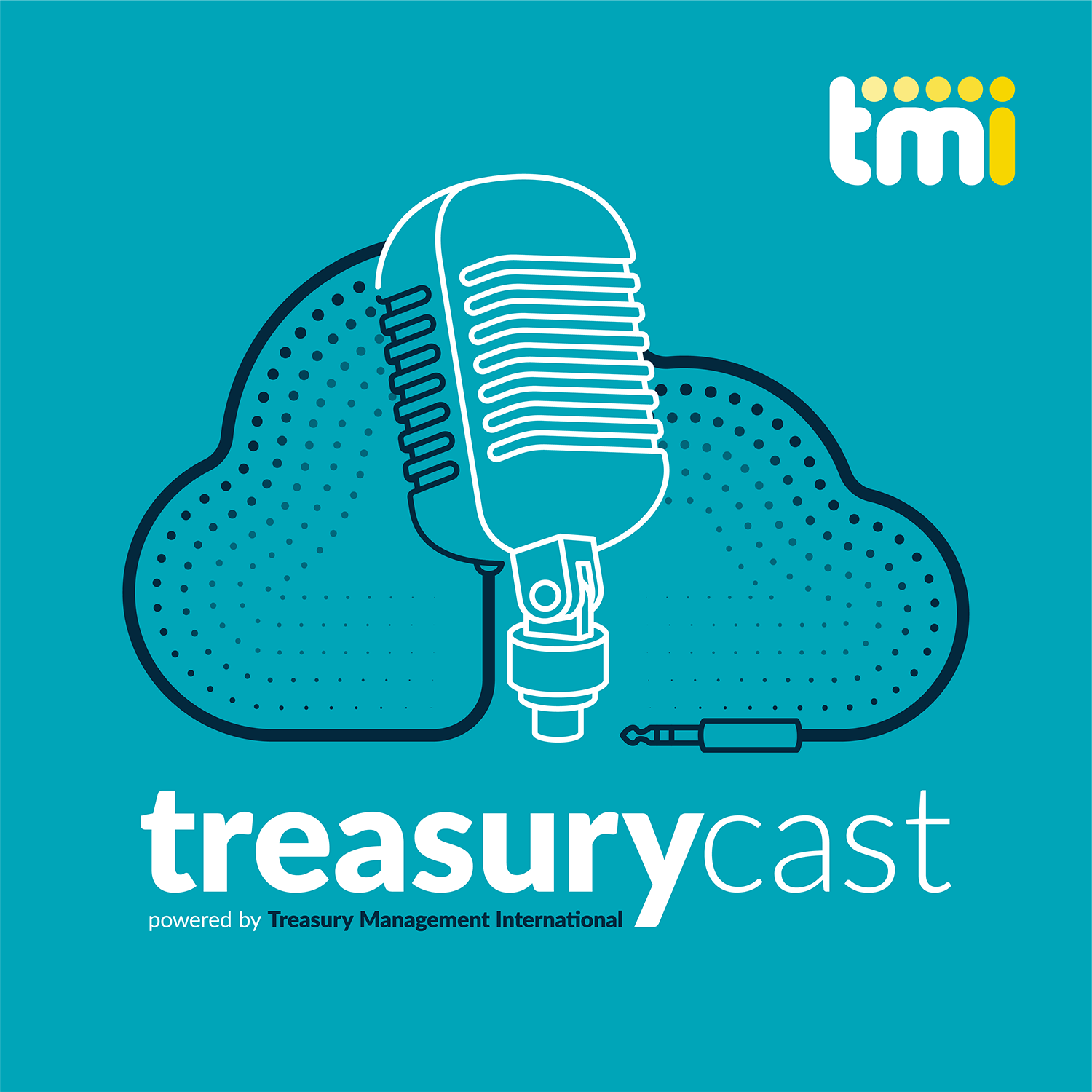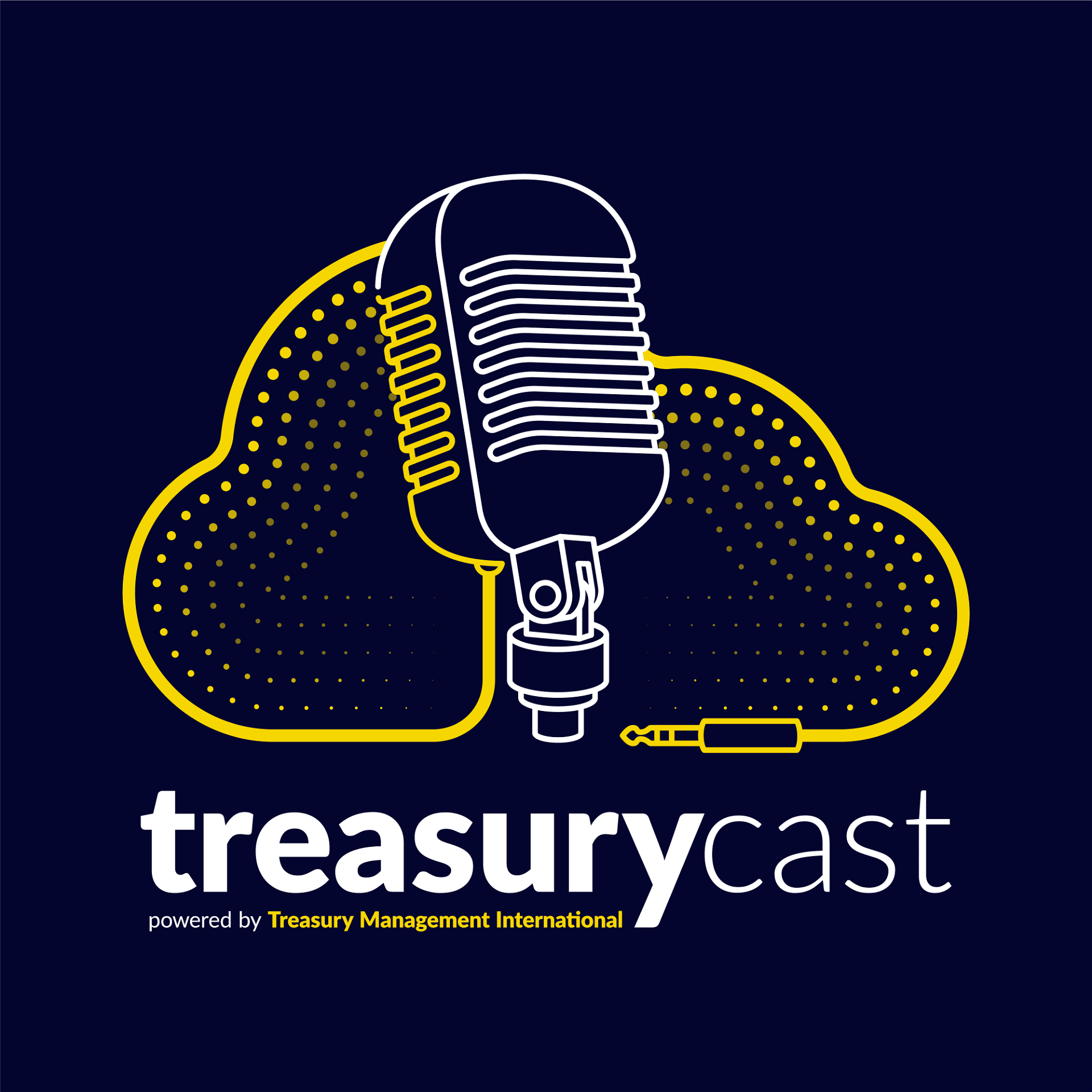Eurozone stocks are highly attractive versus those in the US, with the latter at a record valuation premium, according to ING Investment Management (ING IM). The Price/Earnings gap between equities in the two regions is now at a 30-year record high on a cyclically adjusted basis.
The balance is set to shift, with a good Q3 earnings season having been seen in Europe. Net earnings surprises in Europe are at their highest level since Q1 2011 while net sales surprises are at their highest level since Q1 2012 and are positive for the first time in five quarters. European earnings are still 30% below the previous peak in 2007 while US earnings are 20% above their previous peak. This gap will close as the ECB remains accommodative and a declining Euro will add to top-line growth in Europe, ING IM says.
Eurozone equities have moved to the cheap side of fair value now after posting an exceptionally poor performance year to date, lagging the US by 22% in US dollar terms. They are now trading at a lower price than that recorded at the point of peak stress in 2012, when the Eurozone break-up was almost the base case.
Nicolas Simar, Head of Equity Value Boutique, ING Investment Management, believes Europe offers significant opportunities to buy high dividend stocks, with dividends still comparatively high. Yields on European equities are significantly higher than those from bonds, for example, with the real-yield gap between European dividends and German Bund yields still 90% of what it was at the peak of the global financial crisis in September 2008.
Nicolas Simar comments: “In particular, we favour dividend growth at this stage of the cycle, with a possible bias towards cyclical dividends such as banks, materials and media versus defensive dividends. Defensive dividends are overvalued, driven by multiple re-ratings in pharma, real estate and telecoms. European banks are the best example of future dividend growth, especially post the European Central Bank’s Asset Quality Review.”





